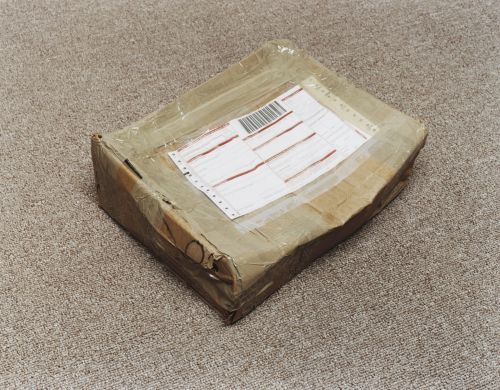WASHINGTON (BRAIN) — The import threshold exemption cited most often as a loophole for allowing e-bikes and lithium-ion batteries to enter the U.S. marketplace without scrutiny no longer will apply to those products valued at under $800 coming from China beginning Tuesday.
Otherwise known as de minimis, the exemption allows products to enter the U.S. duty free and with less regulatory oversight and without Certificates of Compliance. Also, they can be sold well below market cost because no duties, federal, state, or local taxes are collected. Online retailers like Alibaba and Temu benefit most from offering these products, although bike and e-bike vendors also have exploited the loophole.
Industry veteran Patrick Cunnane, who has worked for companies that built bikes domestically and for importers, cautioned in an email to BRAIN on Monday morning that de minimis isn't necessarily dead.
"Right now, it is too early to tell how the de minimus shipments will be handled. I would characterize it more as close to being addressed. All of this current activity is potentially short-term as we just saw the 30-day (tariff) pause for Mexico," Cunnane said about an hour after news broke that Mexico and the U.S. reached an agreement to pause the new tariffs. Later Monday, tariffs on Canada also were paused. "The good news is that the understanding of how damaging de minimis is on the policy radar. And it is more and more being understood as a revenue source to pay for better inspection and equipment."
He said he's been circulating a paper on Capitol Hill that he wrote about how the de minimis exemption makes shipping fentanyl easier.
Products like e-bikes and lithium-ion batteries also enter the U.S. market bypassing Consumer Product Safety Commission regulations because off-shore retailers are out of reach of the U.S. government and legal system.
The Trump administration announced its decision Saturday to impose duties to address the flow of opioids like fentanyl and other drugs from across the Canadian border and to address the China supply chain.
Cunnane spoke out about de minimis in 2018 at a hearing in Washington in front of the Section 301 Committee. There, he proposed reducing the threshold to $50. He's now in favor of it being lowered to $10. Speaking with BRAIN in November, he said eliminating it completely would be even better.
Last year, the U.S.-China Economic and Security Review Commission recommended in its 2024 Annual Report to Congress eliminating the de minimis exemption. It also recommended amending the Consumer Product Safety Act to grant the Consumer Product Safety Commission mandatory recall authority over products from Chinese sellers who are unresponsive to requests for more information or to initiate a voluntary recall if the CPSC has evidence of a "substantial product hazard."
The review commission also said Congress should repeal Permanent Normal Trade Relations (PNTR) for China. The PNTR status allows China to benefit from the same trade terms as U.S. allies despite engaging in intellectual property theft and market manipulation. According to the review commission, eliminating PNTR could renew annual reviews of China's trade practices, giving the U.S. more leverage to address unfair trade behaviors.




